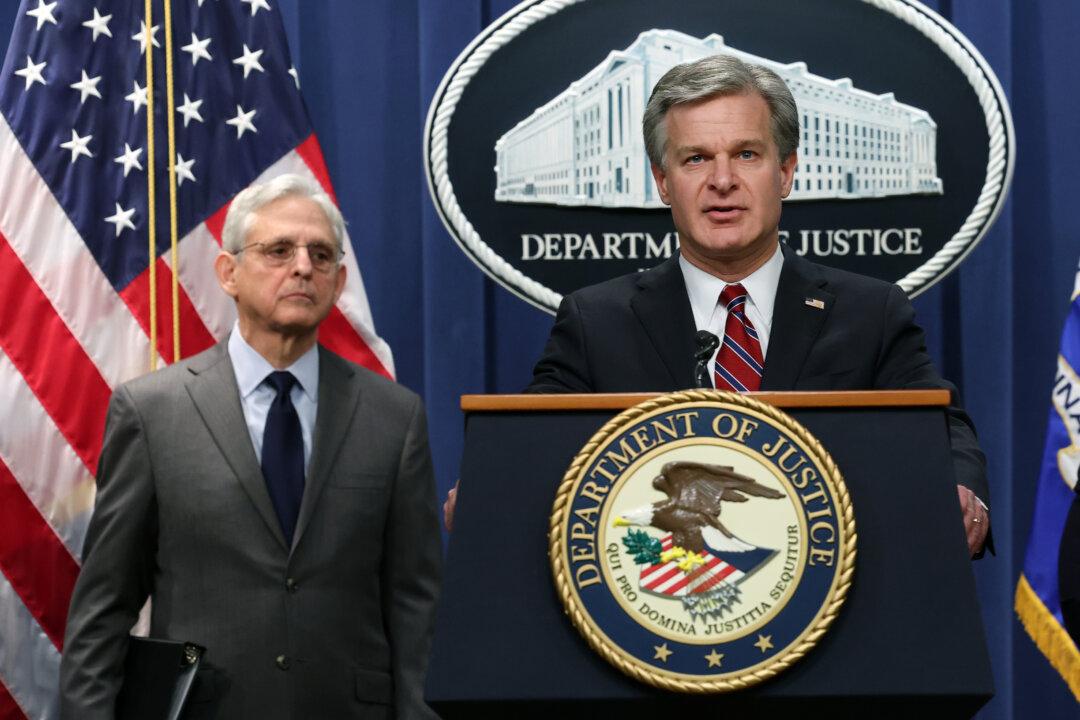If voters hand Republicans a majority in the House of Representatives, Republican lawmakers involved in oversight investigations of the Biden administration in 2023 should get tough, longtime congressional aides and observers told The Epoch Times.
The biggest obstacle they'll face in the 118th Congress, which convenes on Jan. 3, 2023, will be the refusal by the president’s appointees, especially Attorney General Merrick Garland, to cooperate with legitimate congressional oversight requests, according to Mike Howell, who worked on high-profile investigations in both the Senate and House.





